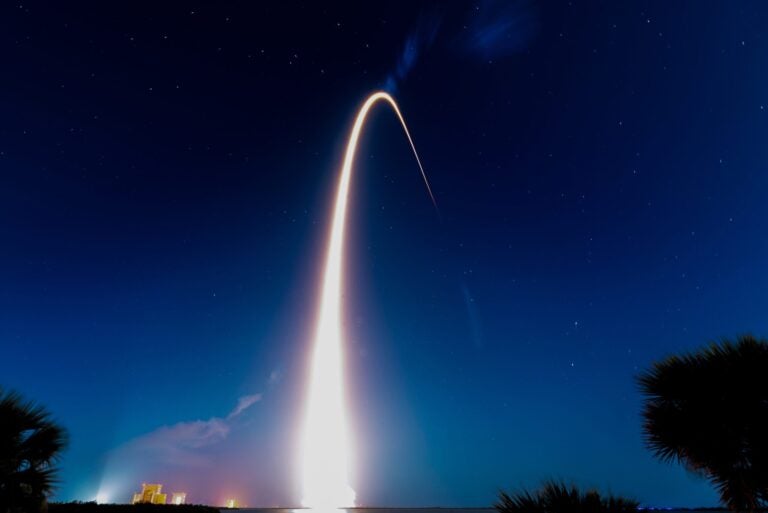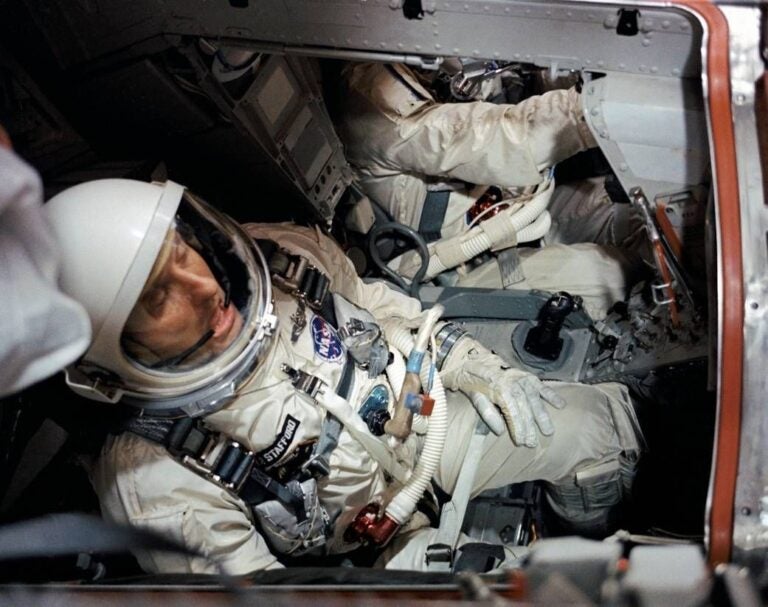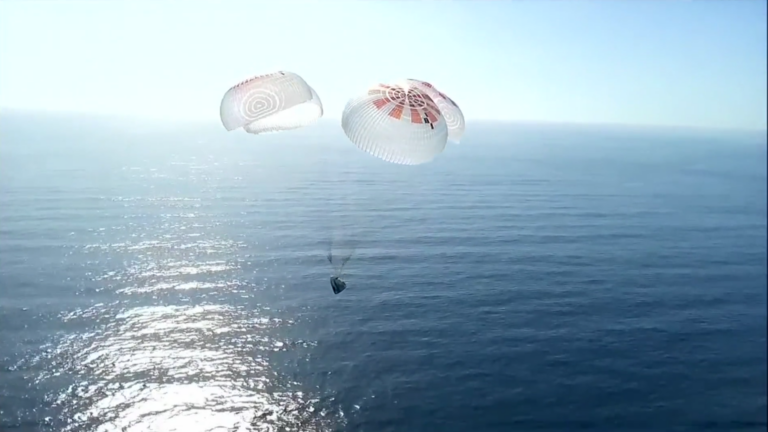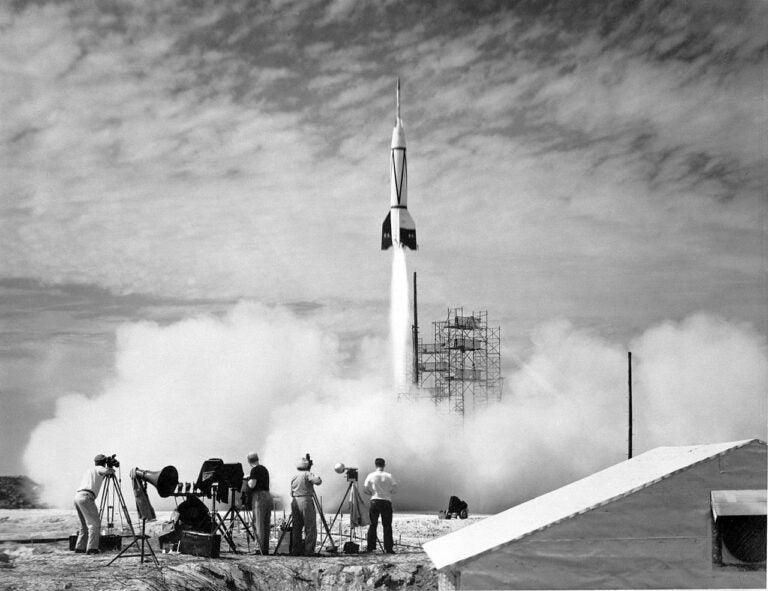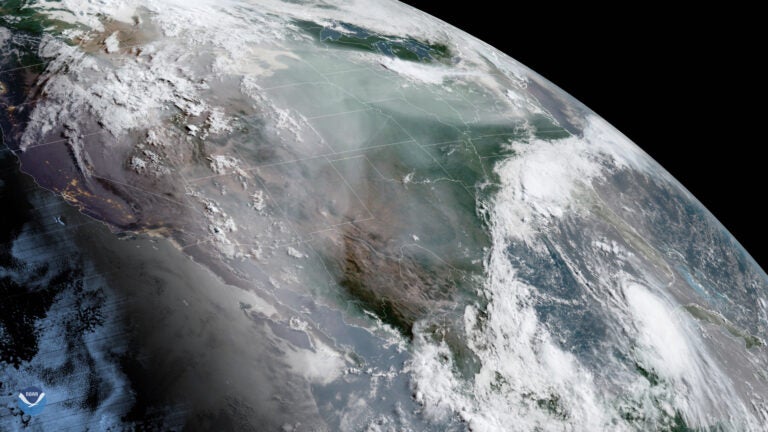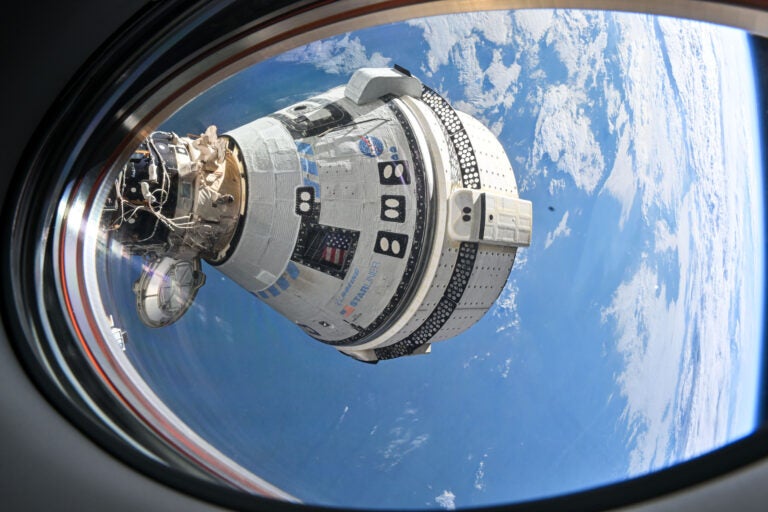Elon Musk, the founder of SpaceX, has always had the dream of sending the human race to Mars. Now, thanks to SpaceX’s advancements, that dream is not far off. In an interview with The Washington Post, Musk divulges some new details on his plan to get to Mars.
The first step in his plan is to send an uncrewed spacecraft to Mars as early as 2018. These missions will continue every two years when Earth and Mars are at closest approach supplying rovers and science experiments to the Red Planet, and testing pertinent systems of the spacecrafts.
“Essentially what we’re saying is we’re establishing a cargo route to Mars,” Musk told The Post. “It’s a regular cargo route. You can count on it. It’s going happen every 26 months. Like a train leaving the station.”
The 2018 mission will utilize one of SpaceX’s new spacecraft called the Dragon, which will be launched into space by the new Falcon Heavy rocket. This rocket will be the most powerful operational rocket by a factor of two, according to the SpaceX website. As the Dragon spacecraft will be the largest spacecraft to ever touch down on Mars’ surface, the rocket has to be powerful.
After multiple rounds of supplies being equipped to the planet, in 2022 SpaceX hopes to launch the Mars Colonial Transporter. This is the spacecraft that would allow humans to make the traverse across space to Mars. Musk did not divulge too many details as it will be unveiled at a conference in September.
“I’m so tempted to talk more about the details of it. But I have to restrain myself,” Musk said to The Post. “This is going to be mind blowing.”
The final step to Musk’s plan is to end with the first human mission landing on Mars in 2025. Musk mentioned there would not be many people on the first mission as it is very dangerous and they want to sustain the least amount of casualties.
“It’s dangerous and probably people will die—and they’ll know that,” he said to The Post. “And then they’ll pave the way, and ultimately it will be very safe to go to Mars, and it will very comfortable. But that will be many years in the future.”
Source: The Washington Post


